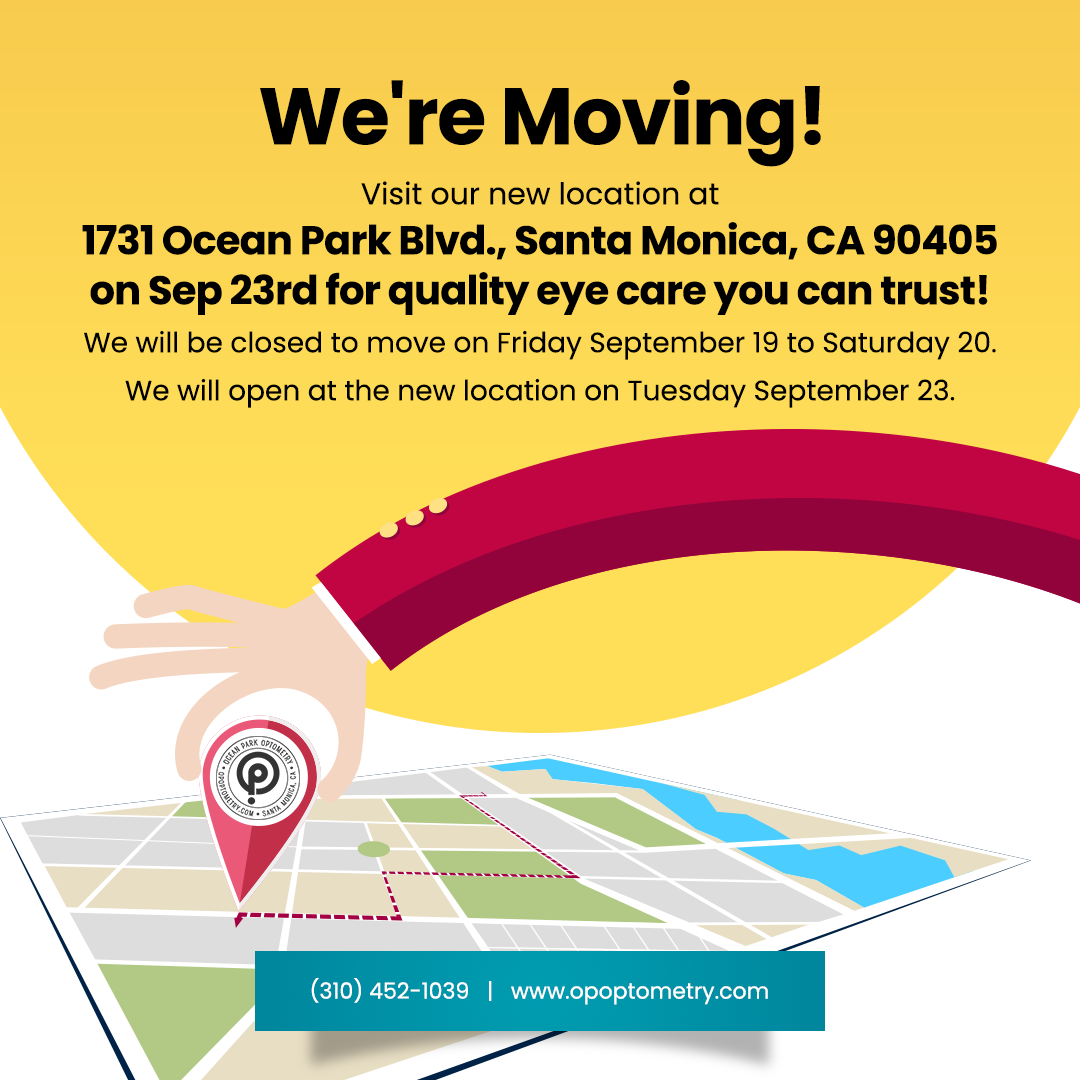
Binocular Vision Dysfunction (BVD) is a condition where your eyes are unable to work together effectively. This can lead to a range of visual and neurological symptoms that can significantly impact your quality of life. BVD occurs when your eyes are misaligned, causing them to strain to focus and coordinate with each other.
This misalignment can be caused by a variety of factors, including developmental issues, injuries, or underlying medical conditions. When your eyes are unable to work together properly, it can lead to problems with depth perception, visual processing, and overall visual comfort.
Understanding the common causes of BVD is the first step in recognizing and addressing this condition. By identifying the root causes, you can work with your healthcare provider to develop a comprehensive treatment plan and find relief from your symptoms.
Common Causes of Binocular Vision Dysfunction
- Refractive Errors: Conditions such as nearsightedness (myopia), farsightedness (hyperopia), and astigmatism can contribute to binocular vision problems. These refractive errors can cause your eyes to strain to focus, leading to BVD.
- Strabismus: Strabismus is a misalignment of the eyes, where one eye turns inward, outward, up, or down. This can disrupt the coordination between your eyes, resulting in BVD.
- Traumatic Brain Injury (TBI): Head injuries, such as those sustained in a car accident, fall, or sports-related incident, can damage the neurological pathways responsible for binocular vision. This can lead to the development of BVD.
- Developmental Disorders: Conditions like autism spectrum disorder, learning disabilities, and developmental delays can affect the brain's ability to process visual information, contributing to binocular vision problems.
- Aging: As we grow older, the muscles and structures responsible for eye movement and coordination can weaken, leading to a higher risk of BVD. This is particularly common in individuals over the age of 60.
- Neurological Conditions: Certain neurological conditions, such as Parkinson's disease, multiple sclerosis, and stroke, can impact the brain's ability to control and coordinate eye movements, resulting in BVD.
- Genetic Factors: In some cases, BVD can be inherited or have a genetic component. Individuals with a family history of binocular vision problems may be more susceptible to developing the condition.
Understanding the underlying causes of your BVD is crucial for developing an effective treatment plan. By working with your optometrist, you can identify the specific factors contributing to your condition and take the necessary steps to manage your symptoms and improve your visual function.
Symptoms of Binocular Vision Dysfunction
Binocular Vision Dysfunction can manifest in a variety of ways, and the symptoms you experience may vary depending on the underlying cause and severity of your condition. Some of the most common symptoms of BVD include:
- Headaches: Frequent or persistent headaches, often located in the forehead, temples, or behind the eyes, can be a hallmark symptom of BVD.
- Eye Strain: Feelings of fatigue, burning, or discomfort in the eyes, especially after prolonged visual tasks, can indicate binocular vision problems.
- Blurred or Double Vision: Difficulty focusing or seeing clearly, as well as the perception of double images, can be signs of BVD.
- Dizziness and Nausea: The misalignment of your eyes can disrupt your visual-vestibular system, leading to feelings of dizziness, vertigo, or nausea.
- Depth Perception Issues: Difficulty judging distances or perceiving the relative positions of objects in space can be a result of BVD.
- Sensitivity to Light: Sensitivity to bright lights, glare, or certain lighting conditions can be a common symptom of binocular vision problems.
- Difficulty with Coordination and Balance: The disruption in visual processing caused by BVD can impact your overall coordination and balance, making tasks like walking, driving, or playing sports more challenging.
If you are experiencing any of these symptoms, it's important to seek medical attention from an eye doctor. Prompt diagnosis and treatment can help you manage your symptoms and improve your overall visual function.
The Importance of Early Detection and Intervention for BVD
Early detection and intervention are crucial when it comes to managing Binocular Vision Dysfunction (BVD). Addressing the underlying causes of your condition as soon as possible can help prevent the development of more severe symptoms and long-term complications.
With timely diagnosis and appropriate treatment, you can often restore the proper alignment and coordination of your eyes, leading to improved visual acuity, depth perception, and overall visual comfort. By addressing the root causes of your BVD, you can effectively manage or even eliminate the symptoms you've been experiencing, such as headaches, eye strain, and dizziness.
Untreated BVD can lead to the development of additional health problems, such as neck and back pain, due to the strain on your musculoskeletal system. In children, undiagnosed and untreated BVD can interfere with the normal development of visual processing and integration, potentially impacting their academic performance and overall cognitive development. Timely intervention is crucial for ensuring proper visual and neurological development.
Taking Action Against BVD with the Help of Ocean Park Optometry
Binocular Vision Dysfunction is a complex condition that can have a significant impact on your visual function and overall well-being. By understanding the common causes of BVD, recognizing the symptoms, and seeking early intervention, you can take proactive steps to manage your condition and improve your quality of life.
If you suspect you may be experiencing Binocular Vision Dysfunction, schedule an appointment with Ocean Park Optometry today. We can help you identify the underlying causes of your condition and develop a personalized treatment plan to address your symptoms and improve your visual function. Visit Ocean Park Optometry at our office in Santa Monica, California, call (310) 452-1039, or click Book an Appointment today.













